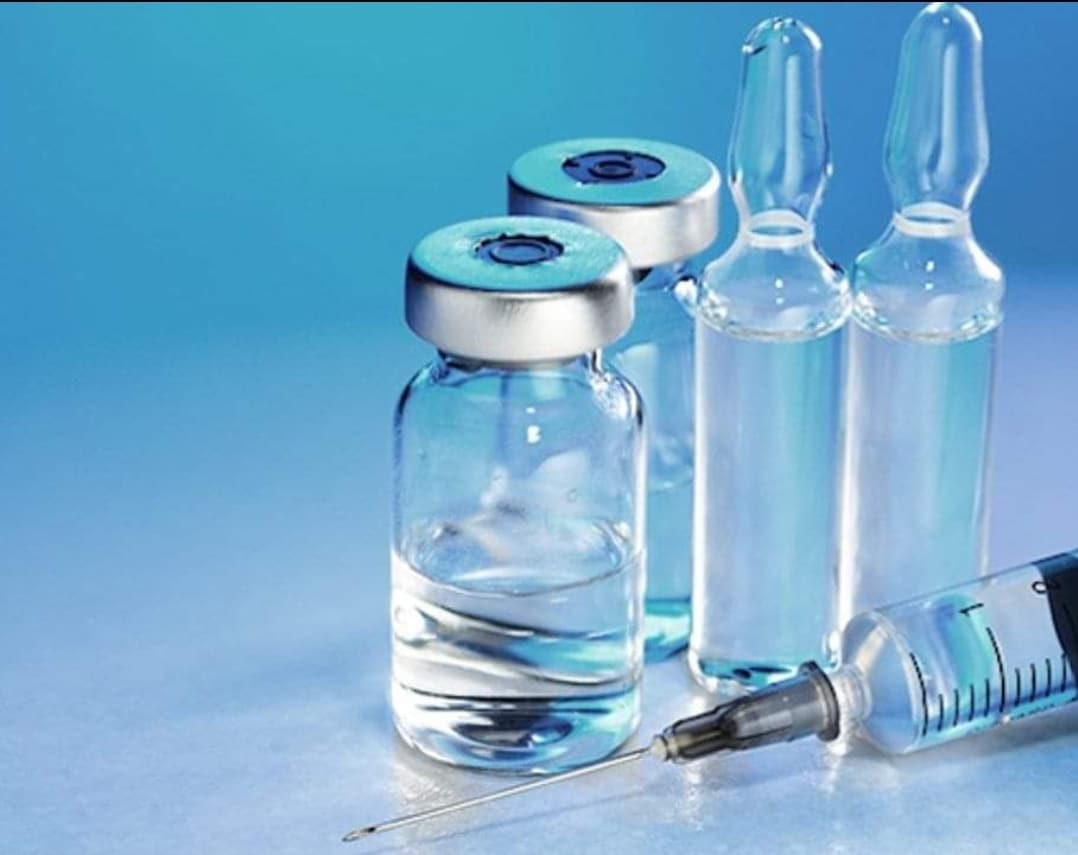USP Plastic Syringe Extractables Testing
The testing of extractables from plastic syringes is a critical aspect within the pharmaceutical industry. This service ensures that any compounds leached or extracted during production, storage, and use do not contaminate the injectable products or pose risks to patients.
Plastic syringes are widely used in the administration of injectables due to their affordability and safety features. However, plastic components can release extractables that may include additives, monomers, antioxidants, and other chemicals into contact with the drug product. These leachable substances must be assessed to meet regulatory requirements and ensure product safety.
The United States Pharmacopeia (USP) chapter 870 provides guidelines for this testing, which is essential in ensuring that plastic syringe materials do not adversely affect injectable products. Compliance with these standards guarantees the integrity of the drug delivery system and enhances patient safety.
This service involves a series of tests conducted on the plastic components to identify potential leachable impurities. The process includes dissolving, extracting, and analyzing the material to determine if it contains any harmful substances that could interact with the injectable product or cause adverse effects in patients.
Compliance with USP standards is mandatory for pharmaceutical manufacturers, especially those producing parenteral drugs like antibiotics, biologics, and vaccines. Failure to meet these stringent requirements can lead to recalls, fines, and reputational damage. Therefore, this testing service plays a vital role in ensuring the safety and efficacy of injectable products.
Our laboratory adheres strictly to international standards such as USP 870, ISO 13485:2016, and FDA regulations. The testing process is carried out using state-of-the-art analytical instrumentation including HPLC (High-Performance Liquid Chromatography), GC (Gas Chromatography), ICP-MS (Inductively Coupled Plasma Mass Spectrometry), and other advanced technologies.
The scope of our testing includes not only the identification of extractables but also the assessment of their potential impact on drug stability, efficacy, and safety. Our team of experts ensures that all tests are conducted under controlled conditions to mimic real-world scenarios accurately.
Applied Standards
| Standard | Description |
|---|---|
| USP Chapter 870 | Provides guidelines for the testing of extractables from plastic syringes. |
| ISO 13485:2016 | Absorbs international quality management system requirements specific to the medical device industry. |
Benefits
- Ensures compliance with USP and FDA regulations, enhancing product safety.
- Aids in the identification of potential leachable impurities that could affect drug stability or efficacy.
- Promotes patient safety by minimizing the risk of adverse effects from contaminated products.
- Facilitates quality control processes and helps maintain a high standard of pharmaceutical manufacturing.
Customer Impact and Satisfaction
- Reduces the likelihood of product recalls due to contamination or safety issues.
- Improves overall customer satisfaction by delivering safe, reliable injectable products.
- Enhances reputation among stakeholders including healthcare providers, patients, and regulatory authorities.





